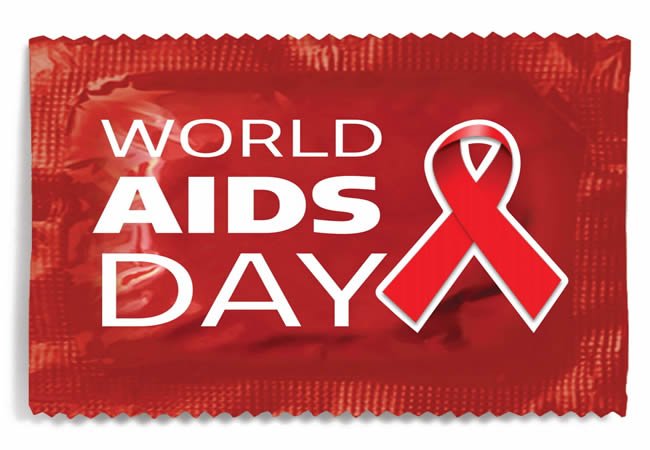Africa’s most populous country, Nigeria recorded at least 86,000 new HIV infections and 49,000 deaths from HIV-related illnesses in 2020, according to the National Agency for the Control of AIDS.
In reaction to this development, a coalition of civil society organisations in sexual and reproductive health response has raised concerns over the low prevalence of contraceptive use, especially female condoms among Nigerian women.
They, therefore, highlighted the need to encourage further investments in the production of condoms in Nigeria.
The CSOs bared their minds during the 2021 World AIDS Day symposium organized by Pathfinder International Nigeria in Abuja.
While emphasising that three out of every five new HIV infections were girls, the stakeholders said that 83 percent of women in Nigeria were not using any form of contraception during sex.
According to the Research, Monitoring and Evaluation Officer of NACA, Tosin Adebanjo, he stated that the agency had estimated that about 1.7 million people are living with HIV in Nigeria.
He said, ‘The latest number of new infections in 2020 is 86,000. For the same year, we estimate about 49,000 people died from HIV-related illnesses. We have seen that out of 100 people who are living with HIV, 21 of them report one form of stigma and discrimination or the other.
Read Also: HIV/AIDS: Akwa Ibom, Rivers Top Chart In New Ranking
‘Reducing and eliminating stigma and discrimination is a responsibility that belongs to everyone of us in the society. We want to foster an environment in Nigeria where people living with HIV and AIDS are comfortable to seek treatment and disclose their status. Our challenge is funding, and we expect domestic resources to fill in that gap.’
The National Secretary, Network of People Living with HIV/AIDS in Nigeria, Emmanuel Clifford, submitted that any discussion on preventing new HIV infections would be incomplete without talking about the female condom.
He said, ‘Given our stated objective to end inequalities in the HIV/AIDS response, it is critical that we develop a robust system to support the widespread adoption of the female condom. Our 17 percent female contraceptive use seems pale when compared to a need the 83 percent who need one form of protection or the other during sexual intercourse.;
The NEPWHAN Scribe identified some cultural and religious beliefs as hindrances, stressing the need to focus on increased awareness as a way to boost demand and use of the female condom.
The Media and Communication Officer of Pathfinder International Nigeria, Bayo Ewuola, regretted that inequalities still existed in the nation’s healthcare system, and called on the government to fully implement its anti-stigma laws, especially in HIV response and services.
